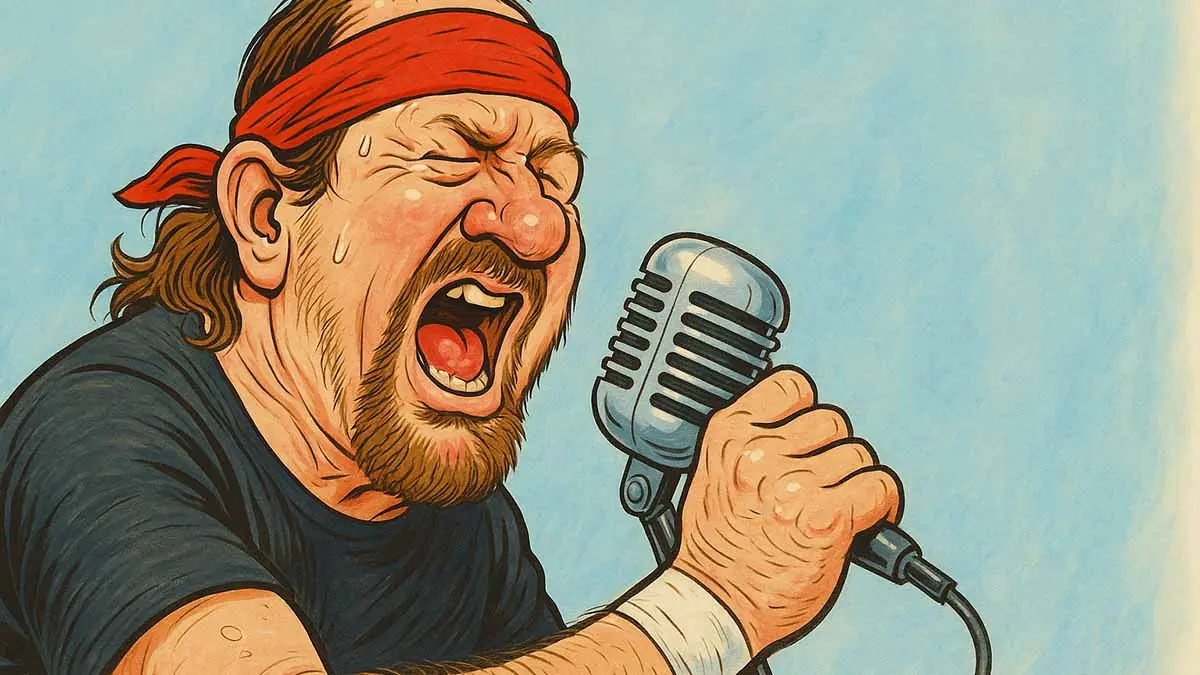Atlas: Too Much…Too Soon one of the most truthful wrestling books ever
The rise, fall and recent resurrection of the life and career of Tony Atlas is perfectly told in his new book, Atlas: Too Much… Too Soon. The book, co-written by Scott Teal, tells the truthful journey of Atlas, who was groomed for professional wrestling, only to let his own career and life turn to despair by his own actions.

To newer fans, Atlas is known as the heel manager for Mark Henry, as well as the announcer for the short-lived ECW talk show, The Abraham Washington Show. To older fans, Atlas is remembered as the muscular and charismatic wrestler who was one of the strongest and most popular wrestlers in the country in the late 1970s early 1980s. He was groomed for a top spot in the sport. Although it’s common trade today, Atlas was recruited into wrestling. He was paid while training and debuted with a huge push.
Starting in the Mid-Atlantic territory in 1975, Atlas was pushed near the top for the next 10 years. His most famous run was as the WWE Tag Team Champion with partner Rocky Johnson in late 1983 and early 1984. But the reign was also the beginning of the fall of Atlas. Atlas admits his drug addiction led him to being unreliable. Any chance of him elevating himself was being hurt by his own actions.
It is a book of honesty. Atlas comes clean about drug use, as well as relationship problems throughout his life. He blames success and money, and says he never appreciated the gift he was being given in wrestling. He was making top money and controlled his own future.
Early in his career, Mid-Atlantic wrestler/booker/announcer Johnny Weaver said to him, “You’re going to make a lot of money … you can live like a king, or you can live frugally and become a millionaire.” Atlas by the late 1980s was homeless. He struggled to make ends meet for the next 20 years, until his recent WWE run. He always believed he would be making the same money he was making in territories like the WWE and Georgia.
It is one of the most forthcoming wrestling autobiographies ever written. Atlas shares personal stories like no other wrestling book before. Atlas came from poverty, sharing stories about spending time in juvenile detention as a teenager. Atlas details his addiction to sex, and how multiple marriages could not stop his addiction to females while on the road.
The chapters entitled “Bruiser Brody” and “Racism in Wrestling” are particularly interesting reads. Atlas was present when Jose Gonzalez stabbed Brody in Puerto Rico. Although Atlas details the events in the locker room, and the reason why he was not present during the murder trial against Gonzalez, it feels he is holding something back. Atlas talks about Brody “stepping on a lot of toes,” seeming to indicate there might have been some problems with Atlas and Brody. Without giving anything away, the “Racism in Wrestling” chapter is a unique twist on the topic. The reader will be shocked about his feelings on the topic and how it affected him differently than other African Americans in wrestling.Atlas would return to the WWE in 1990 as Saba Simba, and Atlas details his up and down relationship with Vince McMahon, Jr. over the past 30 years. The years in which Atlas would go from homeless to working with the WWE and WCW in the early 1990s, Atlas would call the best years of his life. He did not make the best money. He had short stints in both companies but would admit he learned the most about himself. He was given a gift that he ruined, and he finally had the time to evaluate his choices.
Atlas would go on to be a certified trainer and taking independent wrestling dates mostly in the Northeast after his run in the WWE and WCW ended in 1992. After talking about his run with the ECW brand, the book seems to have a misplaced chapter defending the WWE. It is clear that Atlas is thankful to be where he is in life due to his career in the WWE but the chapter was not necessary.
“Mr. U.S.A.” does not hold anything back, and he lets his feelings be known, no matter what the topic. It’s a great look into one of the most familiar names in wrestling over the past 35 years. It’s also a great read on how wrestling has changed over the years and how someone can be their own worst enemy. Atlas uses the book to release his feelings and thoughts about his life. He does more than tells the stories, he admits when he was right, he admits when he wrong and it makes the book very compelling.




